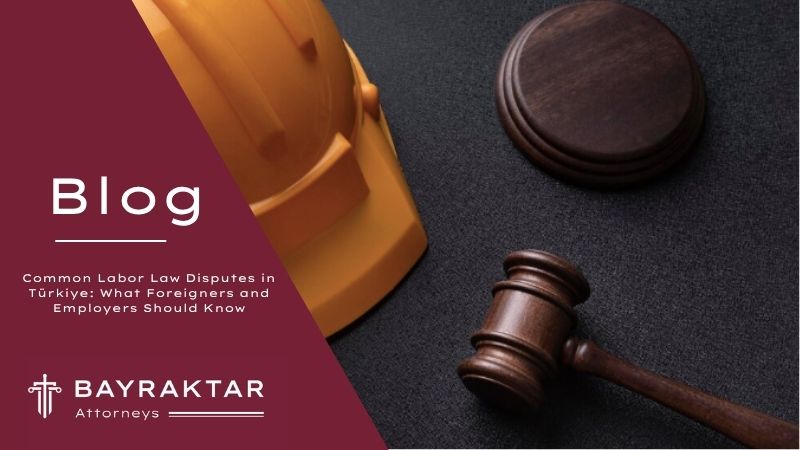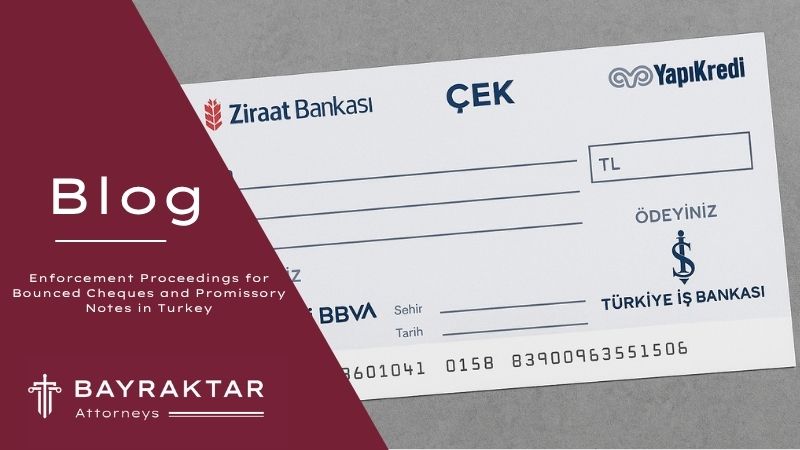
Overview of Rent Payment Obligations Under Turkish Law
Under Articles 299 to 356 of the Turkish Code of Obligations (Law No. 6098), tenants are required to use the property responsibly, respect neighbors, cover cleaning and minor maintenance costs, and most importantly — pay rent on time. In this guide, we explain what steps a landlord can take if the tenant fails to pay rent, and how eviction proceedings can be initiated either through court or enforcement offices.
A. Eviction Lawsuit Due to Payment Default (Temerrüt)
When Can You File an Eviction Lawsuit?
According to Article 315 of the Turkish Code of Obligations, if a tenant fails to pay rent or other related charges that are due, the landlord may send a written notice (notarized or via registered mail) demanding payment within a specific period. The notice must state that the lease will be terminated if the debt is not paid within that time.
For residential or commercial leases (with a roof): minimum 30 days
For standard leases: minimum 10 days
This period starts the day after the notice is delivered. If the tenant fails to pay within the notice period, the landlord can immediately file a lawsuit for eviction due to default, without waiting for the lease term to end.
⚖️ The court generally focuses only on whether the rent was paid. If not, the court will issue an eviction order — often at the first hearing date.
Once the court issues an eviction order, it can be enforced through the local enforcement office. If the tenant pays within the notice period, however, the eviction lawsuit cannot proceed.
B. Eviction After Two Justified Notices Within One Rental Year
What Is the “Two Notices Rule”?
According to Article 352/2 of the Turkish Code of Obligations, if a tenant fails to pay rent and the landlord sends two separate written notices within a single rental year, the landlord can file an eviction lawsuit.
This is valid for residential and commercial properties with a roof, and also applies to leases shorter than one year, provided both notices were given during the lease term.
Each notice must concern a different unpaid month
The lawsuit must be filed within one month after the rental year ends
The competent court is the Civil Court of Peace where the property is located
This is a strict deadline and missing it may prevent you from filing the eviction claim.
H2: C. Eviction via Enforcement Proceedings (Without Lawsuit)
H3: Fast-Track Eviction with an Enforcement Request
The most common and efficient method used by landlords is initiating a debt enforcement proceeding with a request for eviction under Articles 269 and onward of the Turkish Enforcement and Bankruptcy Law.
Key points:
The landlord must include a clear request for eviction in the enforcement notice
Once the tenant receives the notice, they have 7 days to object
If no objection is filed and the tenant fails to pay within 30 days, eviction can be enforced via the enforcement office
If the tenant pays in full, including costs and fees, within the 30-day period, they cannot be evicted
This method applies to all lease types, including residential, commercial, and ordinary leases.
Conclusion – Landlord’s Three Legal Options for Tenant Eviction
If the tenant fails to pay rent, Turkish law offers landlords three separate legal paths to pursue eviction:
Eviction lawsuit due to default after sending a proper written notice
Eviction lawsuit after two justified payment warnings within one rental year
Enforcement proceeding with eviction request, avoiding court entirely
At Bayraktar Attorneys, we assist landlords — both domestic and international — in enforcing lease terms and recovering possession of their properties swiftly and lawfully. Whether you're dealing with a residential tenant or a commercial lease dispute, our legal team can help you act fast and decisively.
📩 Reach out to us for strategic guidance and full legal representation in tenant eviction and enforcement matters across Turkey.






